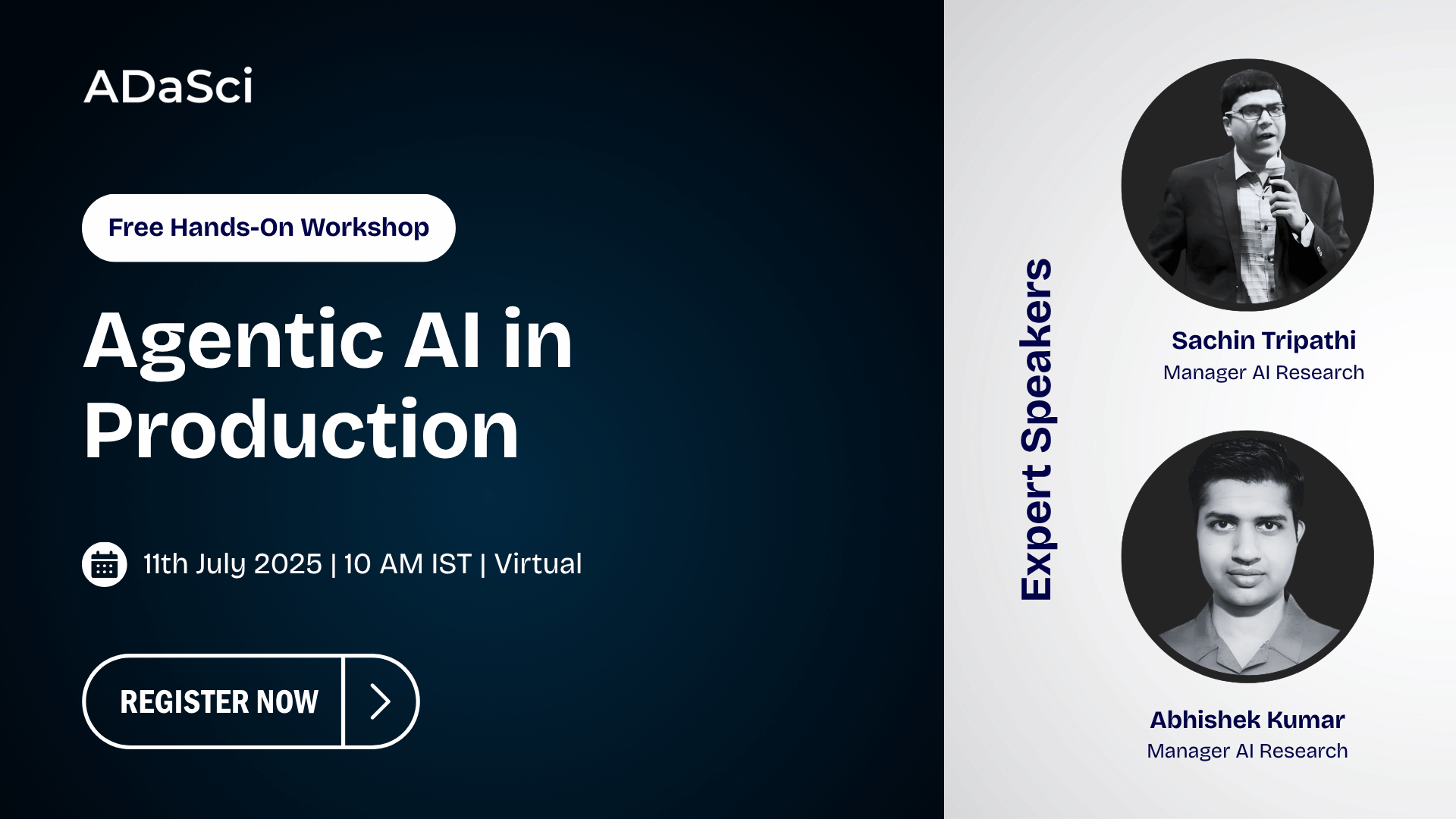Responsible AI in Action: LLM Models and Ethical Best Practices

Explore more from ADaSci
In the rapidly evolving field of artificial intelligence, the development and deployment of Language Large Models (LLM) have raised significant ethical considerations. Joinal Ahmed, an Engineering Leader at Navatech Group, presented a compelling talk at the Machine Learning Developers Summit (MLDS) 2024, held on February 1-2 in Bangalore, organized by Analytics India Magazine (AIM). The session, titled “Responsible AI in Action: LLM Models and Ethical Best Practices,” focused on the ethical dimensions of LLMs, emphasizing the importance of Responsible AI standards and Impact Assessment.
Understanding the Ethical Dimensions of LLM
The proliferation of Generative AI (GenAI) technologies has brought to light unique challenges in the AI landscape. Ahmed’s talk began with an overview of these challenges, particularly the potential harm that LLMs can cause if not developed and managed responsibly. He stressed the critical need for identifying and systematically measuring this potential harm, highlighting instances where AI technologies have been used in ways that their creators did not intend, such as deepfakes and the spread of misinformation.
Ahmed argued for a proactive approach in evaluating and mitigating these risks. He outlined strategies for conducting thorough impact assessments, developing robust mitigation plans, and ensuring operational readiness to handle the ethical implications of AI technologies.
Responsible AI Standards and Impact Assessment
One of the central themes of Ahmed’s presentation was the adoption and implementation of Responsible AI standards. These standards are essential for guiding the development of AI technologies in a way that prioritizes ethical considerations, transparency, fairness, and accountability. Ahmed discussed the importance of incorporating these standards into the lifecycle of AI development, from initial design to deployment and monitoring.
Impact Assessment was highlighted as a crucial tool for understanding the potential consequences of AI technologies. Ahmed presented methodologies for conducting these assessments, emphasizing the need to consider not only the technical performance of AI models but also their societal, ethical, and legal implications.
Strategies for Evaluation and Mitigation
Ahmed provided insights into practical strategies for evaluating the ethical implications of LLMs and implementing effective mitigation measures. He underscored the importance of a multi-disciplinary approach, involving not only engineers and data scientists but also ethicists, legal experts, and stakeholders from the communities that the AI technologies will impact.
The talk covered various evaluation techniques, including fairness assessments, bias detection, and robustness checks, as well as mitigation strategies such as model fine-tuning, data augmentation, and the development of ethical guidelines for AI usage.
Operational Readiness and AI Content Safety
Operational readiness for ethical AI deployment was another critical aspect of the discussion. Ahmed emphasized the need for organizations to have in place comprehensive policies and procedures that address the ethical use of AI, including content safety measures and moderation strategies. He highlighted the role of AI in content generation and moderation, discussing the challenges of ensuring that AI-generated content adheres to ethical standards and does not contribute to harm or misinformation.
The session also delved into the importance of transparency and accountability in AI systems. Ahmed advocated for mechanisms that allow for the tracing and auditing of AI decisions, ensuring that AI systems are not “black boxes” but are understandable and accountable to their users and the broader public.
Conclusion
Joinal Ahmed’s talk at MLDS 2024 was a timely and crucial contribution to the ongoing conversation about Responsible AI. By exploring the ethical dimensions of LLMs and presenting actionable strategies for impact assessment, evaluation, and mitigation, Ahmed highlighted the importance of a proactive and comprehensive approach to ethical AI development. The session underscored the necessity of incorporating Responsible AI standards into every stage of AI development, aiming to pave the way for an ethically sound future in artificial intelligence.
The insights offered during the talk serve as valuable guidelines for AI practitioners and organizations, encouraging them to prioritize ethical considerations in their AI initiatives. As the field of AI continues to advance, the principles and practices discussed by Ahmed will be instrumental in ensuring that these technologies benefit society while minimizing potential harm.
In conclusion, the “Responsible AI in Action: LLM Models and Ethical Best Practices” session at MLDS 2024 provided a comprehensive exploration of the ethical challenges associated with LLMs and offered practical solutions for addressing these challenges responsibly. As we move forward in the age of AI, it is imperative that the AI community continues to engage in such discussions, fostering an environment where ethical considerations are at the forefront of AI development and deployment.





